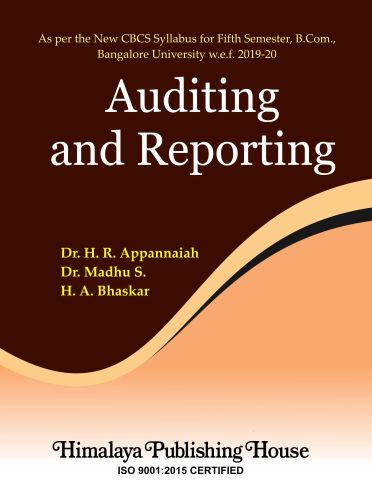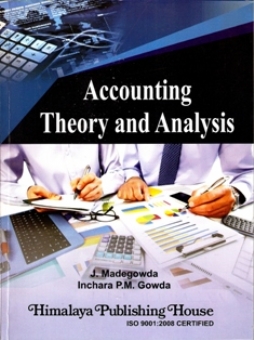Corporate financial reporting has occupied the centre stage today because of increasing investment by foreign institutional and domestic investors. Financial reporting of global standard is an essential condition to attract investment from foreign and domestic investors. Besides corporate financial reporting, partnership firms, individual business organisations, NGOs, co-operatives and educational Trusts have to prepare annual financial reports for various purposes including levy of tax. These financial reports have to be authenticated by an independent examining authority called auditors. In this backdrop, auditing of financial statements of any organisation becomes a necessity.
Auditing profession, today, is one of the prominent professions. Institute of Chartered Accountants of India is the body which is authorising persons to become qualified Accountants (Auditors) in India. The Institute has introduced SAPs, Ind Accounting Standards, auditing regulation and guidelines and Code of Ethics. These mandatory rules and regulations have to be followed by auditors, to exhibit transparency in financial statements. Amendments are also made to these regulations as and when required. Thus, auditing in its modern form has adopted multidimensional approach to initiate and practice good corporate governance.
This title on “Auditing and Reporting” is placed in the hands of teachers and students alike to give an outline of audit process. The work covers syllabus of fifth semester of B.Com., of Bangalore University. The topics covered are introduction and auditing, ERP, Tally Net, E-auditing, internal control, vouching, verification and valuation of assets and liabilities, audit of limited companies, and audit of CAG, CVC, and State Accounts. We expect that students appreciate the contents by reading this book.
Contents –
Module – I: Introduction to Auditing
1. Introduction to Auditing
2. Types of Audit
3. Recent Trends in Auditing
4. Preparation Before Commencement of Audit
5. Audit Report
Module – II: Internal Control
6. Internal Control
Module – III: Vouching
7. Vouching
Module – IV: Verification and Valuation of Assets and Liabilities
8. Verification And Valuation of Assets and Liabilities
Module – V: Audit of Limited Companies and Others
9. Company Auditor – I
10. Company Auditor – II (Liabilities)
11. Professional Ethics
12. Institutions for Auditing







